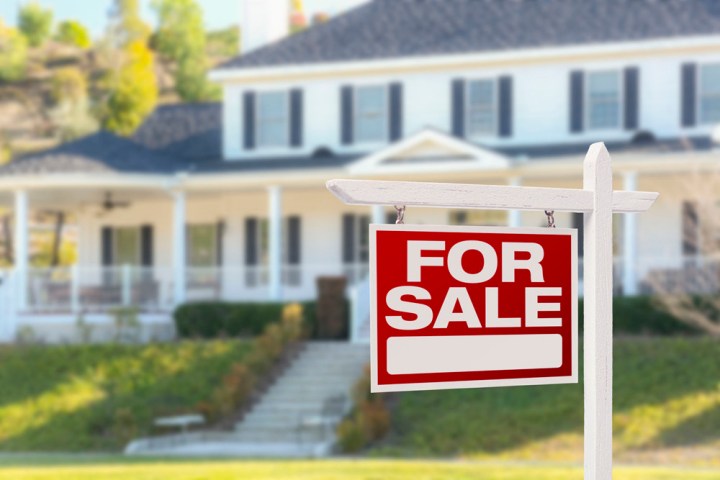Zillow may just be a seller’s best friend (but certainly not a buyer’s). According to a recent report from the Seattle Times, the popular online real estate database somehow managed to overvalue a Seattle home by a whopping 700 percent.
The home, which owners Sue and Roy Carlson purchased in June 2017, cost the couple just $225,000 (a particularly good deal because the property was initially slated for foreclosure). Other real estate companies (think Redfin and Realtor.com), now show the value of the home as somewhere between $268,000 and $318,000. Zillow, on the other hand, says that the property is worth $1.8 million.
Thanks to some serious SEO magic on Zillow’s side, when you Google this home’s address (like most home addresses), it’s the Zillow result (or Zestimate) that returns first. And that means that the first thing that most folks are seeing when they look into the Carlson’s home is a valuation that is seven times what just about everyone else on the market thinks it ought to be.
“I don’t have a clue where they came up with this number,” Sue Carlson told the Seattle Times. “It’s not worth anywhere near $1 million. They’re nuts.” She added, “If anybody wanted to buy the house (and saw the $1.8 million Zestimate), they would just go, ‘Well, that’s ridiculous.’”
Carlson then took a deep dive to determine exactly how Zillow might’ve arrived at its hugely inflated figure, and as the Times notes, “Her story offers a peek into how algorithms can go wrong, and highlights an ongoing issue with one of Seattle-based Zillow’s most popular features.”
As it turns out, Zillow admitted in 2017 that its Zestimates are generally off by around $40,000 when considering the “typical single-family home sold in Seattle.” In fact, when the company’s own CEO Spencer Rascoff sold his own house in 2016, the Zestimate was too high by a factor of 40 percent. Moreover, the house he ultimately purchased was misestimated by more than $1 million.
The case of the Carlson’s home, however, is particularly outlandish. The problem was that Zillow somehow recorded the actual sale price of the home when the Carlsons bought it as $1.77 million. This, a spokesperson said, was not a fault of Zillow’s, but rather of a third-party vendor who incorrectly supplied sales data. Zillow has since fixed the actual sale price, and the Zestimate should soon be corrected as well.
“Overall, the Zestimate is incredibly accurate — with a median error rate of 4.5 percent — but occasionally human error does occur,” Zillow spokesman Viet Shelton said in a statement. “Since the Zestimate is calculated using thousands of data points, it’s only as good as the data provided.”
Editors' Recommendations
- Inside a high-tech Hollywood home where everything is hidden
- Amazon will give you $5K in free smart home tech and more when you buy a house



